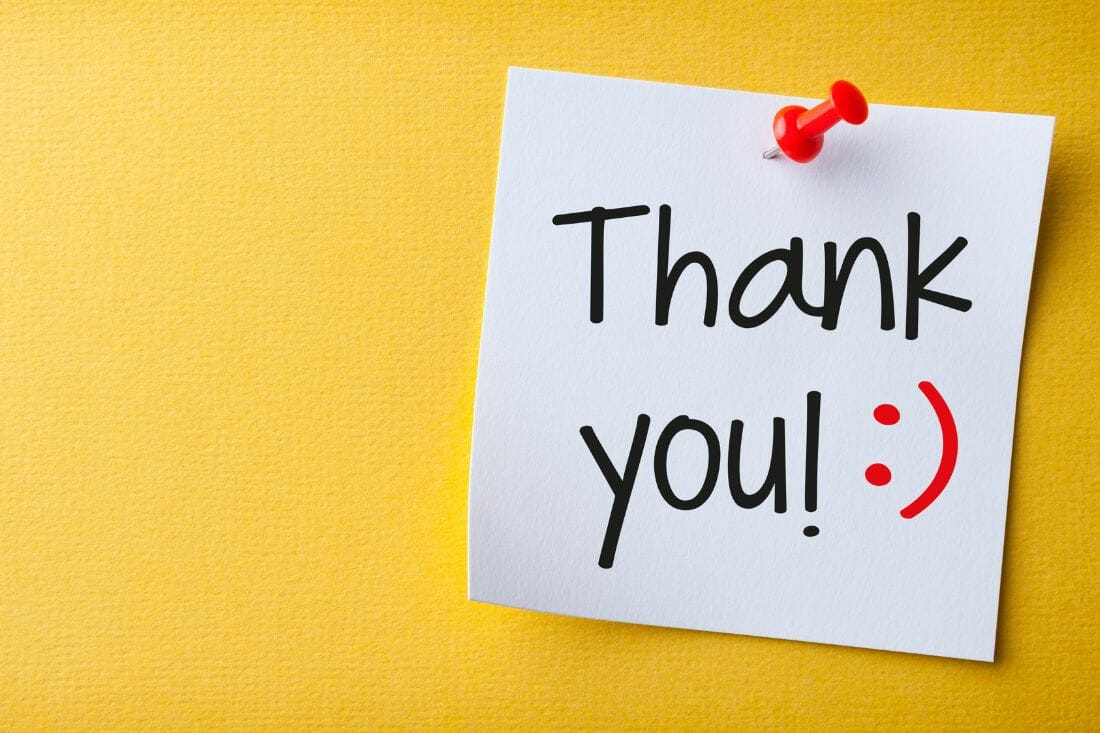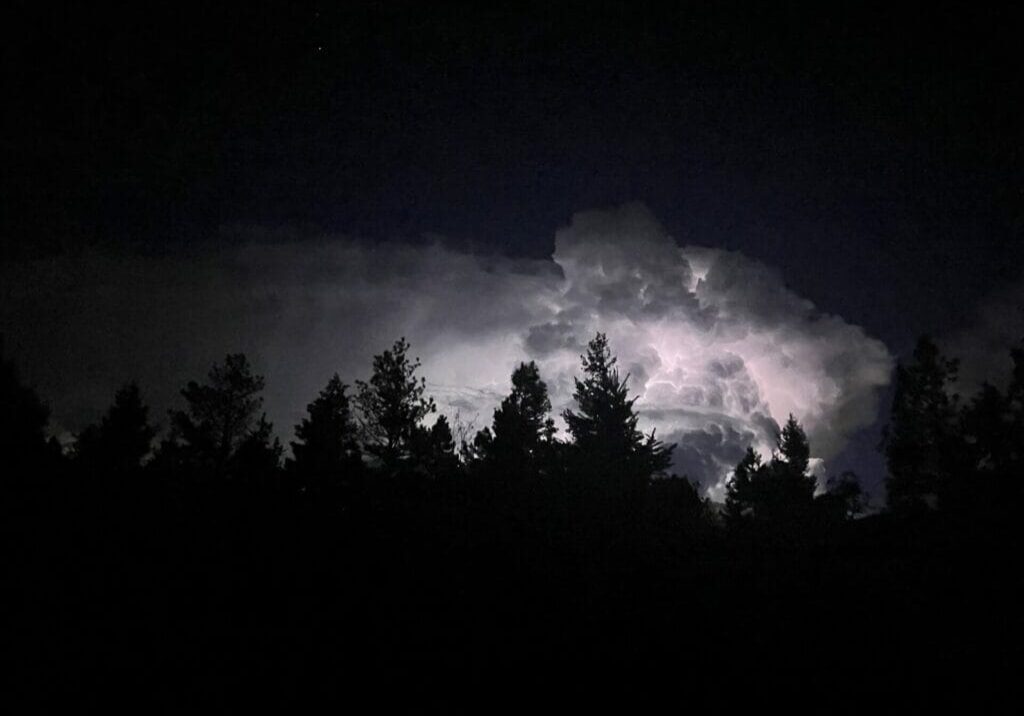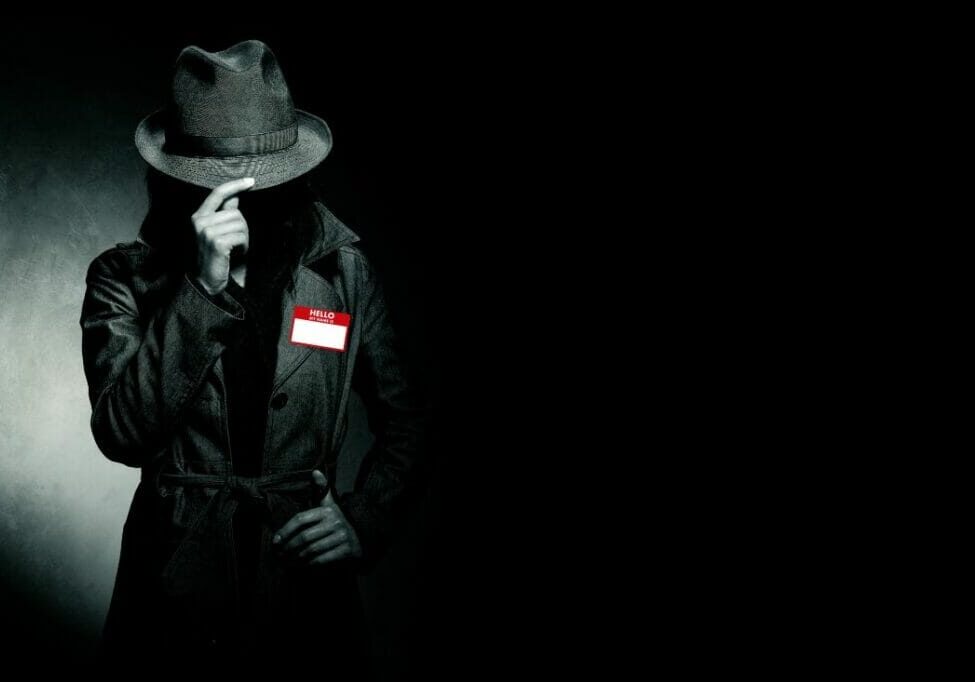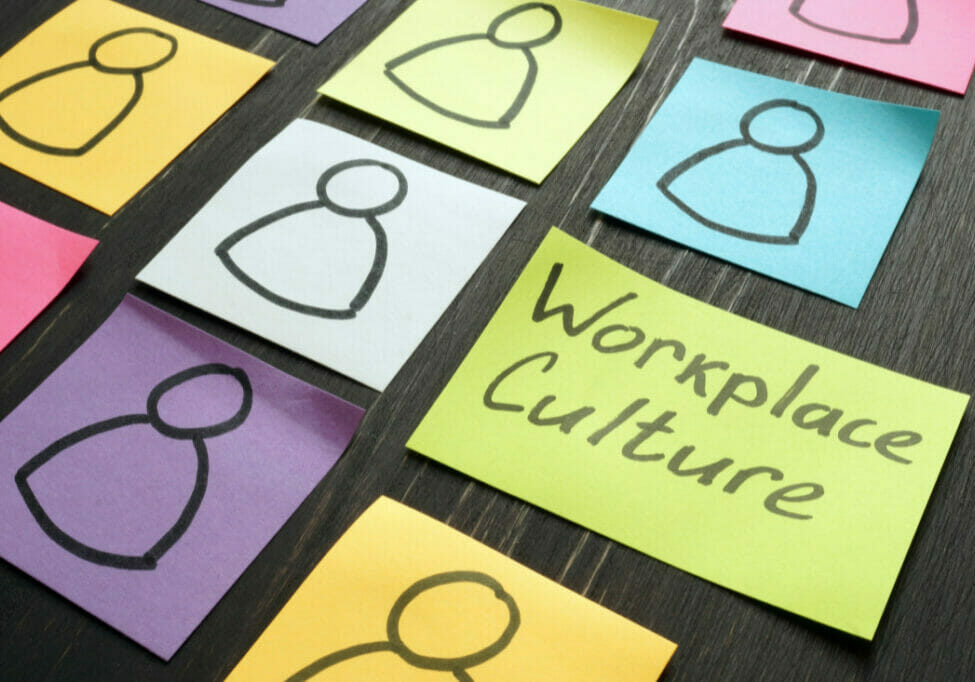The Hidden Power of Thank You

Having good friends is certainly a cause for gratitude, for giving a heart-felt thank you, but I wondered if gratitude and thanks play a part in developing friendships. When I think about gifts in my life, I often reflect on my relationships, including those I have in my work. I have been fortunate to develop deep friendships with colleagues that have helped me achieve more of my professional goals and, in many ways, changed my life for the better.
Can being grateful and saying thank you really help you be a better friend? We say “YES!”
Gratitude is vital to cultivating ally relationships. The obvious application is that you build connection with others every time you say ‘thank you’. When we are intentional about expressing our gratitude, we’re acknowledging the other person’s value in our life. And that builds connection and trust, gratitude enables us to have friends.
But practicing gratitude in our daily lives also helps us to be a better friend. Abundance & generosity are the foundational practices of the Ally Mindset (explore your ally mindset profile here). Friendship begins with giving, but in order to give freely, you have to believe there’s enough to share. Cultivating gratitude helps you see there really is enough for everyone (success, time, and ice cream). Gratitude helps you live from an abundance mindset instead of a scarcity mindset.
Incorporating gratitude into our work relationships can help us build and deepen our connection to each other.
Thank you
Here are some ideas for showing gratitude at work, and in life. They’re simple but impactful steps you can take to build better friendships.
- Write a thank-you note. It can be easy for others to forget what they’ve heard, but a thank-you note can be kept indefinitely. It’s a physical representation of your appreciation that reminds them of your friendship.
- Make expressions of gratitude part of your routine. It’s easy to neglect saying thank you if you don’t plan for it. You can add it to your weekly staff meetings or regularly block off time in your schedule to contact a colleague and say thank you. Write the google review and support a local business that has given great service. Call your mum or dad (or send a message to the universe) to say thank you for… well… just being your parents!
- Say “Thank You” for feedback, even if it’s unpleasant. Candid feedback can be hard for the giver and the receiver, but it’s a vital part of ally relationships. Saying “thank you” and nothing more can help the other person feel acknowledged and heard, and it keeps the door open for further conversation.
The beautiful thing about saying thank you to others at work is that it helps you too.
Gratitude isn’t just part of what you give when building meaningful friendships; it’s part of what fills you up so you can give.
I’ve noticed that when I say thank you to my colleagues, it doesn’t just deepen their connection to me; it reminds me how much better my life is because they are in it.
So, take a moment in your day, pause, and make it a habit to say ‘Thank You’. It’s a small investment of time that can yield significant dividends in the long run, in the form of more meaningful relationships, committed colleagues and friendships, and a successful, thriving leadership journey.

Let's Connect





